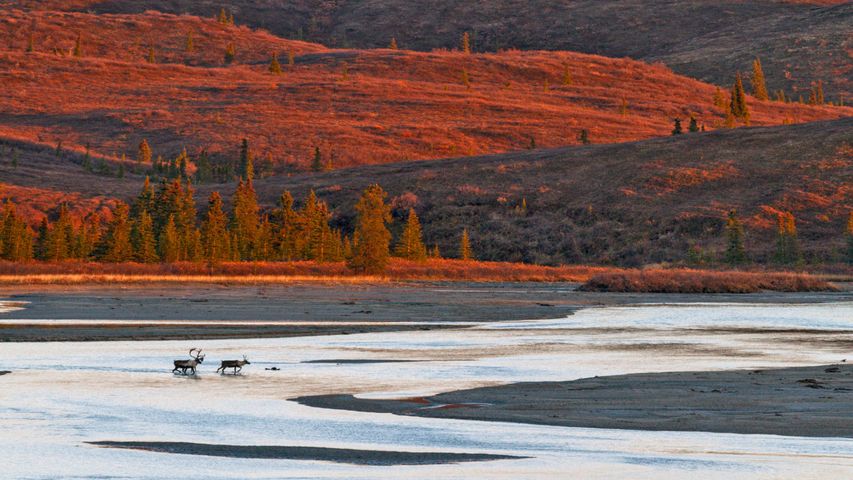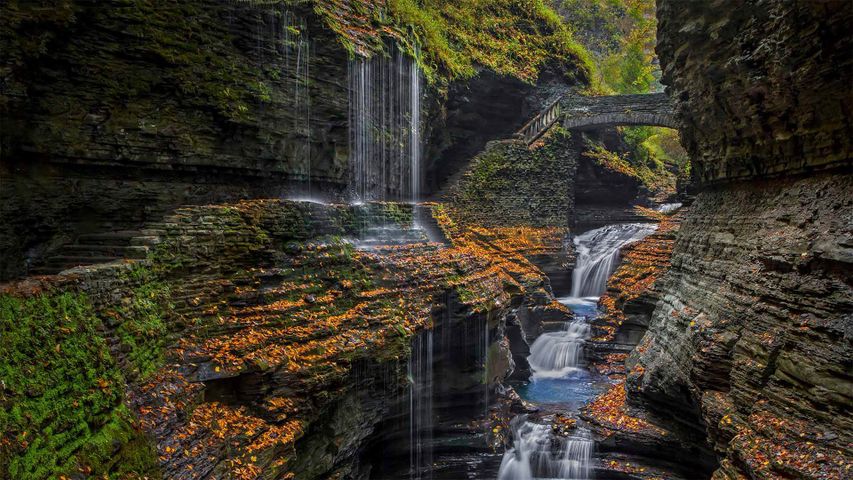The Mackenzie River in Canada emptying into the Beaufort Sea
© Norman Kuring, GSFC/NASA/USGS Landsa
World Rivers Day
Today we're recognizing World Rivers Day, a celebration of our planet's waterways. The event branched off in 2005 from its source, BC Rivers Day, which has been observed by British Columbians in Canada since 1980. The annual event is now celebrated on the fourth Sunday of September by millions of people in more than 100 countries. It is a day that raises public awareness about rivers around the world and encourages their conservation.
Our photo, captured by NASA's Earth-imaging Landsat 8 satellite, shows part of the Mackenzie River Delta and the river's turbid waters as they flow from the continent's far north into the Beaufort Sea in the Arctic Ocean. The Mackenzie is the longest river in Canada and has the second-largest drainage basin of any North American river after the Mississippi. It plays a vital role in modulating the Arctic climate as warmer fresh water mixes with colder seawater.
About 7% of the fresh water that flows into the Arctic Ocean each year comes from the Mackenzie and its delta, and much of that arrives in large pulses after periods of inland ice and snow melts. These pulses, known as freshets, carry huge amounts of sediment—much of it derived from erosion of the Rocky Mountains upstream—which you can see pouring out of the river on today's homepage.
Related Images
Bing Today Images

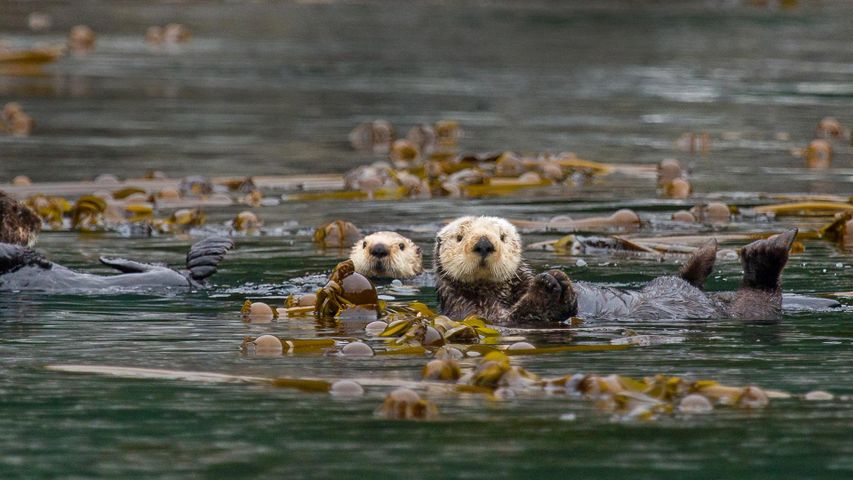
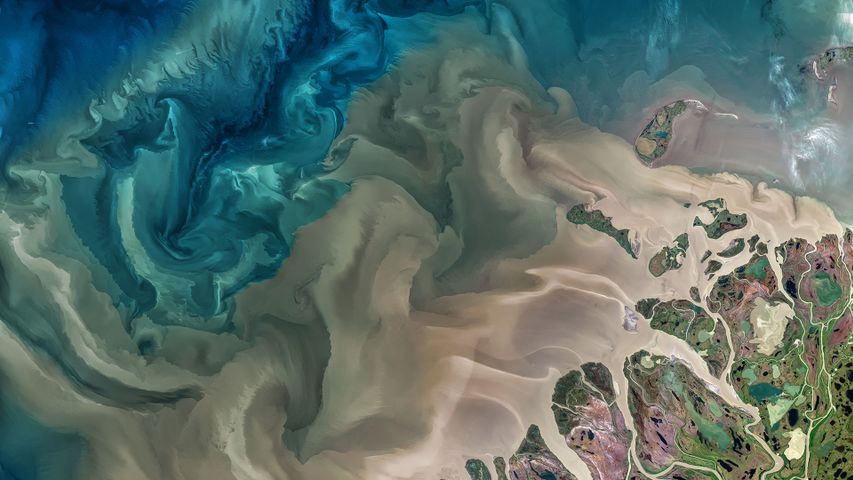
 Vila Franca Islet, São Miguel Island, Azores, Portugal
Vila Franca Islet, São Miguel Island, Azores, Portugal
 Mona Vale Rockpool, Sydney, Australia
Mona Vale Rockpool, Sydney, Australia
 Tea garden at Yangjiatang Village, Songyang County, China
Tea garden at Yangjiatang Village, Songyang County, China
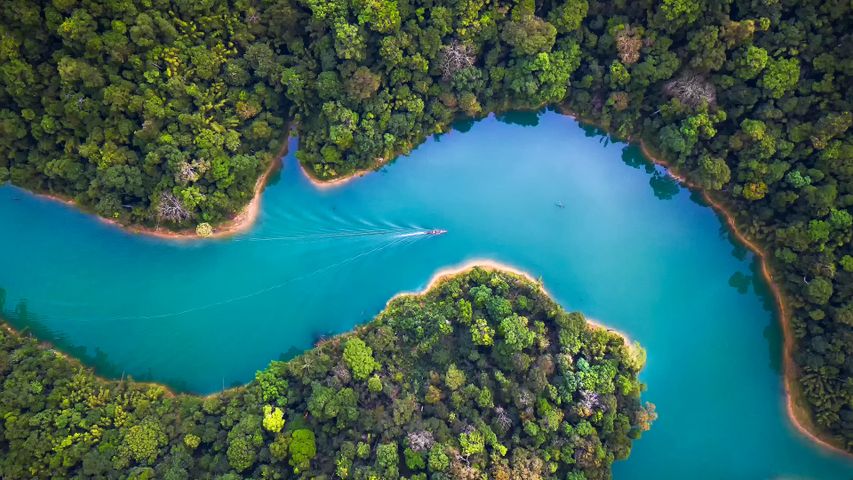 Aerial view of Khao Sok National Park, Surat Thani, Thailand
Aerial view of Khao Sok National Park, Surat Thani, Thailand
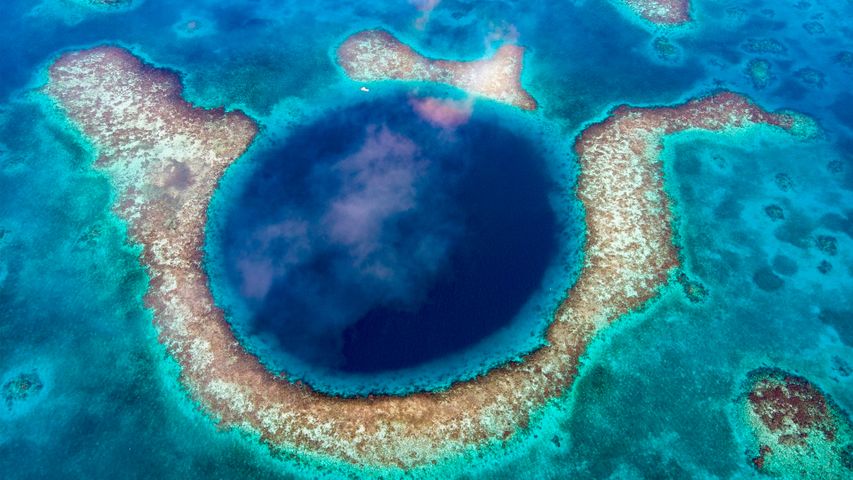 Great Blue Hole, Belize
Great Blue Hole, Belize
 Fujian Tulou complex of historical and cultural heritage buildings in Fujian province, China
Fujian Tulou complex of historical and cultural heritage buildings in Fujian province, China
 Road to Hana, Maui, Hawaii
Road to Hana, Maui, Hawaii
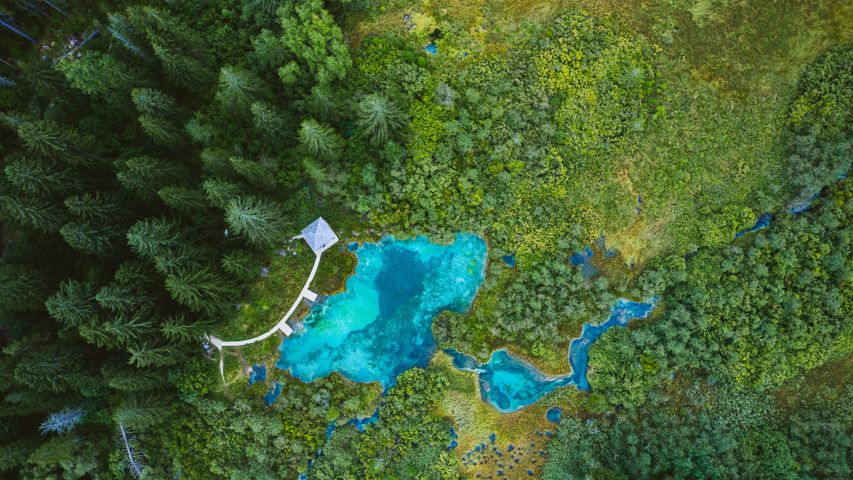 Zelenci Nature Reserve, Slovenia
Zelenci Nature Reserve, Slovenia

